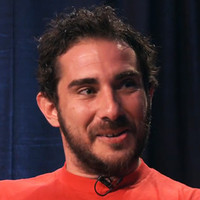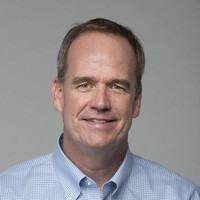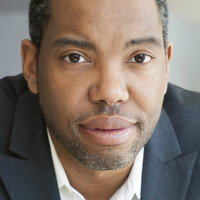The Bitter Life of a Shattered Jockey: A Mostly True Story
Mary Bacon took a bullet while pilfering fruit as a child. Mary Bacon dropped out of school in the sixth grade and was pregnant by age 16. Mary Bacon had a romantic relationship with Ku Klux Klan Grand Wizard David Duke. Mary Bacon was kidnapped by a stalker. That same stalker later tried to shoot her with a gun. Not all of those sentences are complete horseshit.












